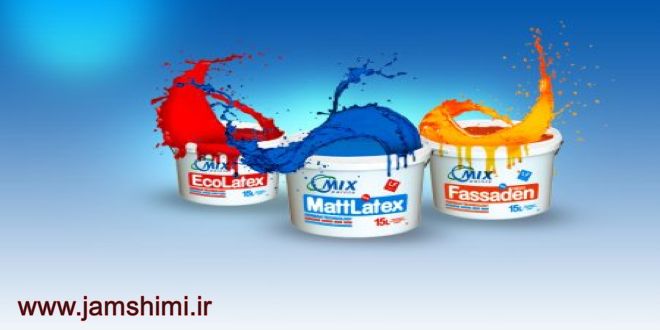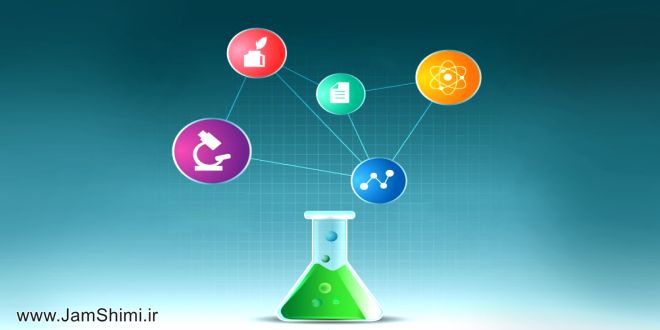
باتری های پلی پپتیدی رادیکالی آلی نوع جدیدی از باتری ها می باشند که بدون فلز هستند و قابلیت بازیابی و بازیافت دارند. باتری های لیتیوم یون که انرژی الکتریکی کوچکی دارند به ندرت بازیافت می شوند. این باتری ها همچنین از مقدار قابل توجهی کبالت استفاده می کنند که با کمبود آن مواجه هستیم. به گزارش جم شیمی جودی لوتکنهاوس، کارن وولی و همکاران دانشگاه A&M تگزاس اکنون باتری ساخته اند که از این مشکلات اجتناب می کند. باتری بدون فلز آن ها از پلی پپتیدی آلی برای الکترودهای خود استفاده می کند، که دانشمندان می توانند با استفاده از اسید آن را به اسیدهای آمینه برای استفاده مجدد و بازیافت تبدیل کنند.
Abstract: In only a few decades, lithium-ion batteries have revolutionized technologies, enabling the proliferation of portable devices and electric vehicles1, with substantial benefits for society. However, the rapid growth in technology has highlighted the ethical and environmental challenges of mining lithium, cobalt and other mineral ore resources, and the issues associated with the safe usage and non-hazardous disposal of batteries. Only a small fraction of lithium-ion batteries are recycled, further exacerbating global material supply of strategic elements. A potential alternative is to use organic-based redox-active materials to develop rechargeable batteries that originate from ethically sourced, sustainable materials and enable on-demand deconstruction and reconstruction.






